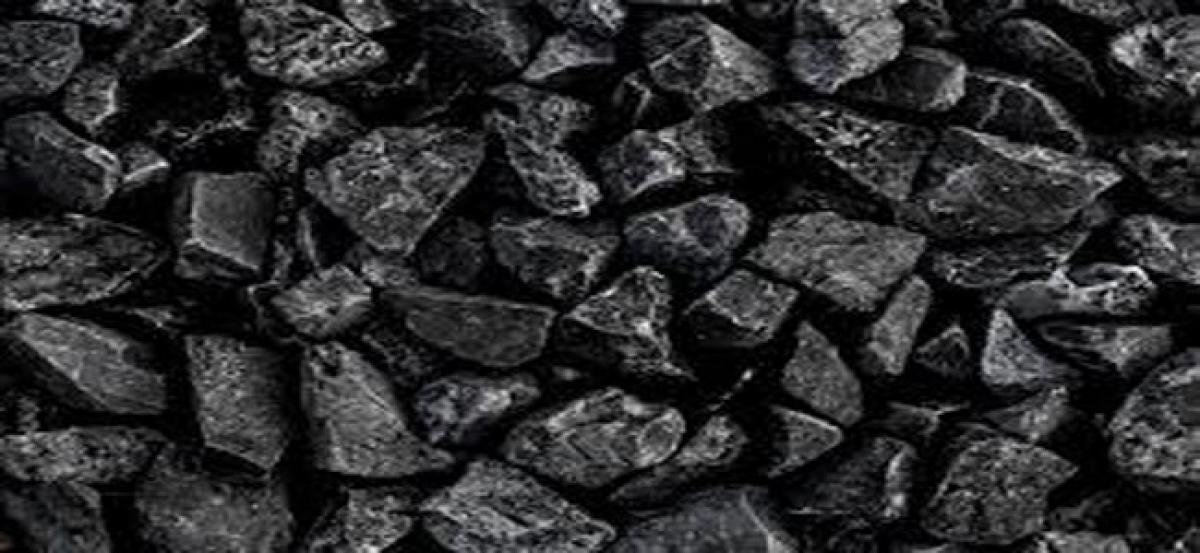Live
- A Guide to Temperature and Humidity Standards in Data Center Server Rooms
- Gadwal collector briefs on details of voters
- Jupally Krishna Rao takes part in Alampur rallu
- Bharath Prasad files 3rd Nomination
- Baisakh Month: A Time of Auspicious Beginnings and Sacred Festivals
- Oust BJD govt for overall development, says Shah
- Unveiling the Hidden Gems: Surprising Health Benefits of Garlic Peels
- Overcoming Sleep Struggles: A Comprehensive Guide to a Restful Night
- RTC bus hit the auto
- MLA Kuchukula Rajesh Reddy participated in the Birappa festival
Just In

While burning coal today causes Earth to overheat, about 300 million years ago, the formation of coal brought the planet close to global glaciation or a snowball like state, according to a study.
Berlin : While burning coal today causes Earth to overheat, about 300 million years ago, the formation of coal brought the planet close to global glaciation or a snowball like state, according to a study. Scientists from Potsdam Institute for Climate Impact Research in Germany found that when trees in vast forests died during the Carboniferous and Permian periods, the carbon dioxide (CO2) they absorbed from the atmosphere while growing was buried.
The plants' debris over time formed most of the coal that today is used as fossil fuel, they said. Consequently, the CO2 concentration in the atmosphere dropped drastically and Earth cooled down to such a degree that it narrowly escaped what scientists call a "snowball state", they added.
"It is quite an irony that forming the coal that today is a major factor for dangerous global warming once almost lead to global glaciation," said Georg Feulner from the Potsdam Institute for Climate Impact Research. "However, this illustrates the enormous dimension of the coal issue. The amount of CO2 stored in Earth's coal reserves was once big enough to push our climate out of balance.
When released by burning the coal, the CO2 is again destabilising the Earth system," Feulner said. The study, which appears in the journal Proceedings of the National Academy of Sciences, examines the sensitivity of the climate in a specific period of Earth's deep past by using a large ensemble of computer simulations. While some of the changes in temperature at that time can clearly be attributed to how our planet's axis was tilted and the way it circled the Sun, researchers found the substantial influence of CO2 concentrations.
Estimates based on ancient soils and fossil leaves show that they fluctuated widely and at some point sank to about 100 parts CO2 per million parts of all gases in the atmosphere, and possibly even lower. The model simulations now reveal that global glaciation occurs below 40 parts per million, researchers said.

© 2024 Hyderabad Media House Limited/The Hans India. All rights reserved. Powered by hocalwire.com







